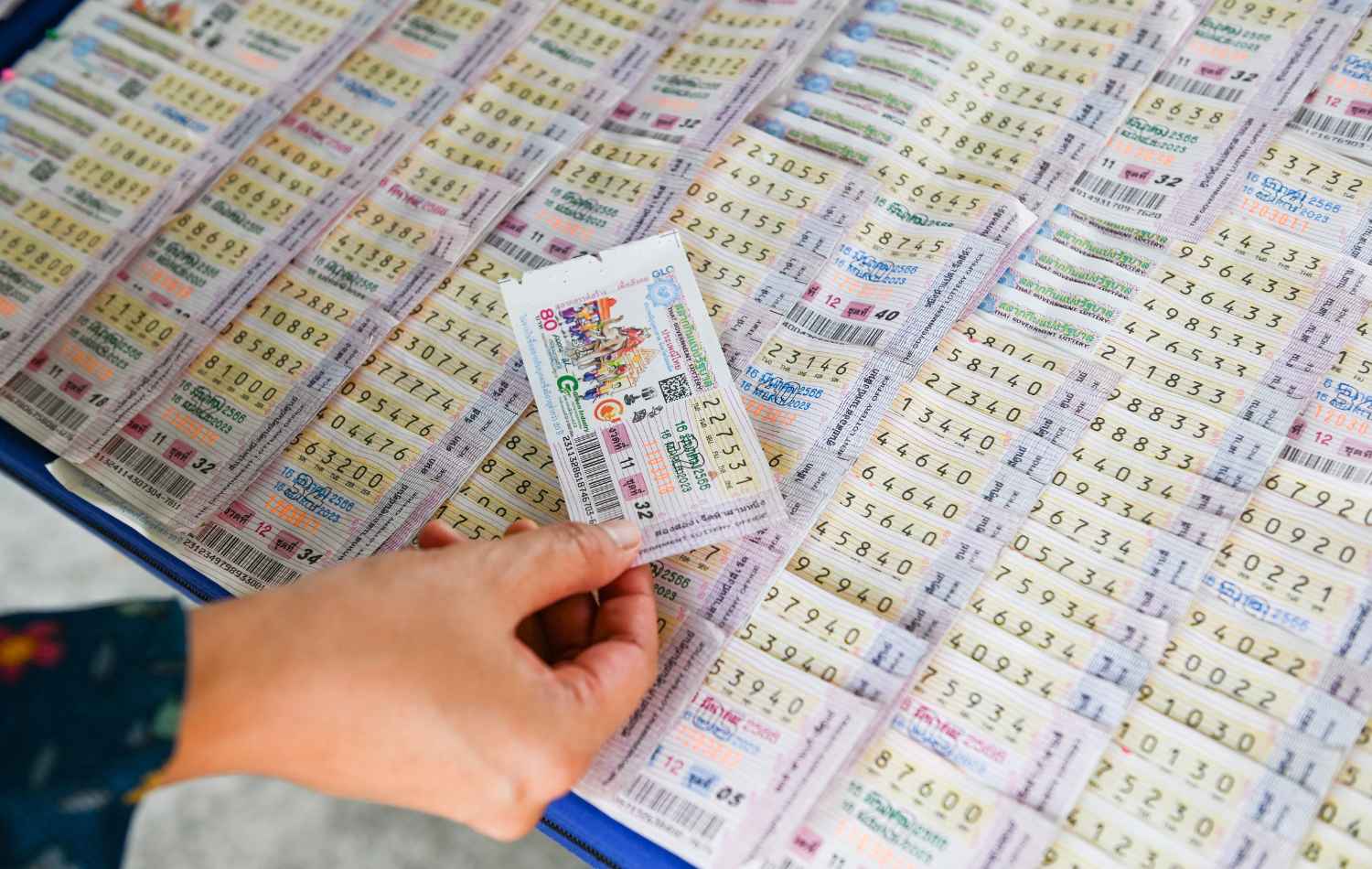The thrill of scratching a lottery card and the anticipation of uncovering life-changing riches are moments unmatched in the world of chance and fortune.
Yet, behind this enticing pastime lies a complex landscape of probability, legal controversies, and savvy marketing tactics. In this post, we delve into the world of scratch cards – exploring their continuing popularity, the laws governing them, the fascinating math behind the odds, and the marketing strategies employed to entice players and propel sales. Allow us to take you on a journey through the captivating universe of lottery games and the many facets that make them an integral part of our lives. You might never look at a scratch card the same way again!
Scratch cards remain a popular form of lottery
Scratch cards have long been a popular form of lottery, providing both entertainment and potential financial gains to participants. Unlike traditional lotteries, scratch cards offer a tactile, emotionally engaging experience, as players physically scratch away the surface of the card to reveal hidden numbers or symbols underneath.
There are various types of scratch cards available, such as instant lotto and pull-tab cards, catering to different preferences and encouraging inclusivity among players. One of the main reasons for their widespread appeal is the low cost of entry, often just a few New Israeli Shekels, making them accessible to a broad audience. Despite the modest investment, scratch card players still have the chance to win substantial cash prizes, sometimes reaching several hundred thousand New Israeli Shekels.
The experience of playing scratch cards is all about anticipation: players eagerly scratch away the surface, hoping to reveal a winning combination. The tactile sensation of scratching, coupled with the emotional response triggered by the outcome, creates a unique, addictive form of entertainment that keeps scratch cards a popular choice in the world of lotteries.
Legal controversies surrounding lotteries
The subject of lotteries has always been a hot topic of debate among government bodies, legal experts, and the public. The controversies arise due to various factors such as gambling addiction, the exploitation of vulnerable consumers, and the regressive nature of lottery taxation. These criticisms have long been a part of discussions on public policy and legislation concerning lotteries.
One major concern with lotteries is the problem of addiction. Critics argue that state-operated lotteries prey on the addictive nature of gambling, leading people to spend more than they can afford in the hopes of striking it big. This can have devastating consequences on the financial stability and mental health of the individuals involved, as well as their families.
Moreover, lotteries are often considered regressive taxes, since they disproportionately affect low-income earners who are more likely to play, yet the least capable of shouldering the financial burden. In contrast, proponents of lotteries argue that they constitute an essential source of revenue for state and local governments that fund vital public services, such as education and infrastructure maintenance. This continuous debate represents the complex legal and ethical landscape surrounding lotteries.
The mathematics behind probability calculations in lottery games
The notion of probability plays a crucial role in lottery games, significantly affecting participants' chances of winning. As lottery games rely on random events, understanding probability can shed light onto the mathematical nature of these games and help manage expectations.
Law of Large Numbers
The law of large numbers is a fundamental concept in probability theory that applies to lottery games. This law states that as the number of trials increases, the observed results will converge towards the expected outcome. In lottery games, this means that the more you play, the closer your results will approach the average expected outcome. However, this does not guarantee a win, as the odds remain constant.
Calculating Odds in Lottery Games
Each lottery game has its specific odds of winning, which are typically unfavorable. For example, scratch cards typically have poor odds compared to other forms of gambling. The odds of winning a specific lottery game can be calculated based on the game rules, the number of possible combinations, and the prizes offered. Nevertheless, although the mathematics can be complex, the thrill of the game often overshadows concerns about realistic chances of winning.
There is an undeniable fascination with the minuscule odds of landing a lucrative prize, a psychological hook that keeps players enraptured. As discussed in the 'Legal controversies surrounding lotteries' section, governments and lottery operators often defend these games as a form of entertainment. Additionally, lotteries capitalize on the inherent human desire to escape adversity and improve one's life through chance, making them a popular form of gambling.
How marketing strategies promote and drive lottery sales
Effective marketing strategies play a crucial role in promoting and driving lottery sales. Lotteries are often marketed as a form of entertainment, distancing themselves from the negative connotations associated with gambling. This deliberate positioning helps to create a more appealing and socially acceptable image, which, in turn, encourages participation.
Branding and clever advertising also contribute to boosting lottery sales. By creating partnerships with popular events or integrating memorable taglines, lotteries cultivate a positive image and remain at the forefront of consumers' minds. Moreover, these marketing approaches can heighten the emotional connection players have with lottery games, making them more likely to purchase tickets or scratch cards.
Finally, promotions, discounts, and added-value features are used to make lottery games even more attractive to consumers. Offering special deals, such as buy-one-get-one-free or jackpot rollovers, incentivizes participation. As mentioned in the section on scratch cards, the tangible and thrilling experience of playing also drives sales. In combination, these marketing strategies capitalize on players' emotions, aspirations, and desire for entertainment, propelling lottery sales to new heights.
for more information click here: https://lottery.comparakeet.com/oklahoma
